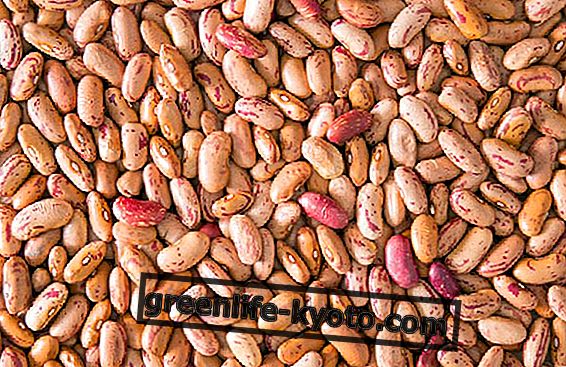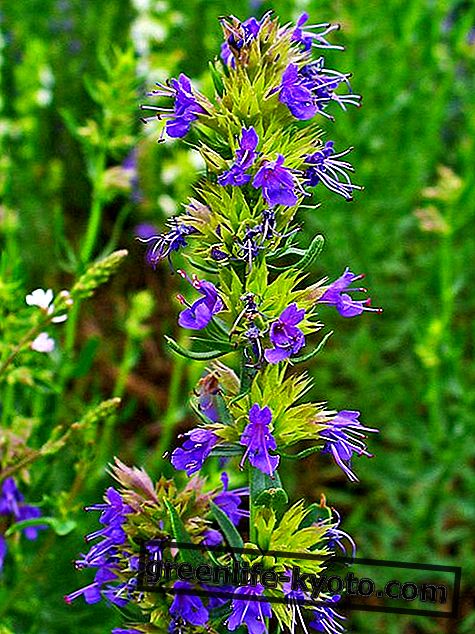The naturopath is essentially the "basic" operator of holistic wellness according to nature, a professional who deals with active prevention and self-healing pedagogy through the use of natural remedies when this is desirable and possible .
>
>
>

What does the naturopath do?
The Naturopath is not a doctor, does not diagnose nosology, does not cure diseases, but helps the patient to put himself on the path of restoring health, allows him to find in himself the mental and physical energy to face the fight against diseases, and it can support those who turn to him in choosing the natural (or conventional, in some cases) most suitable treatment method for his problem.
Naturopathy in fact does not arise as a substitute for allopathic medicine (classical Western medicine), but as a complementary tool. The naturopath could also be called a "health counselor".
Become a naturopath
The naturopath can work as a freelancer or work as a scientific informant, commercial agent, consultant in medical offices, pharmacies, herbalists, wellness centers, etc.
The training course for becoming a naturopath lasts from three to four years, depending on the level of detail and the school you choose.
The naturopath in Italy and abroad
In Italy there is still no regulation of the profession of naturopath.
Despite the (fruitless) efforts of the regional legislators, the EU institutions and the Italian government have not yet defined a regulatory framework capable of conferring legal recognition on bio-natural disciplines and of guaranteeing adequate protection to the consumer who benefits from it.
The main reason is that, according to the Constitutional Court, operators in bio-natural disciplines would not limit themselves to activities of an auxiliary nature with respect to those of health professionals, but would practice, directly and with a certain autonomy, activities of a curative nature, for the which is required by law for university education and the passing of State exams with relative registration in the professional order (Order of doctors, psychologists, etc.).
However, naturopathy is regulated in 26 of the 27 European countries: only in Italy are we still at the level of a draft law: is the 3rd law proposal (n.2152) of 3 May 2010 concerning the regulation of the figure of naturopathic health worker .
Find out where the Italian legislation on naturopathy is
Curiosity
Latin a dead language? This is not really the case, since three words in Latin are enough to explain well the principle underlying the concept of life, care and nature in the naturopathic perspective: Vis medicatrix naturae (= "The healing power of nature").
Words attributed to Hippocrates (460 - 370 BC), "father" of Western medicine. Hippocrates believed that the disease was the result of a "disorder of nature". If we go back to the roots of western medicine then we find the naturopathic approach.
Useful resources on the job of naturopath
- FENNAP (National Federation of Professional Naturopaths)
- Naturopathic ethics, by the FNNHP (National Federation of Professional Heilpraktiker Naturopaths)
- The obsession to see the title of recognized naturopath
READ ALSO
European legislation for naturopaths
Other articles on naturopath
> Differeze and similarities between the doctor and the naturopath
> From naturopathy to iridology













